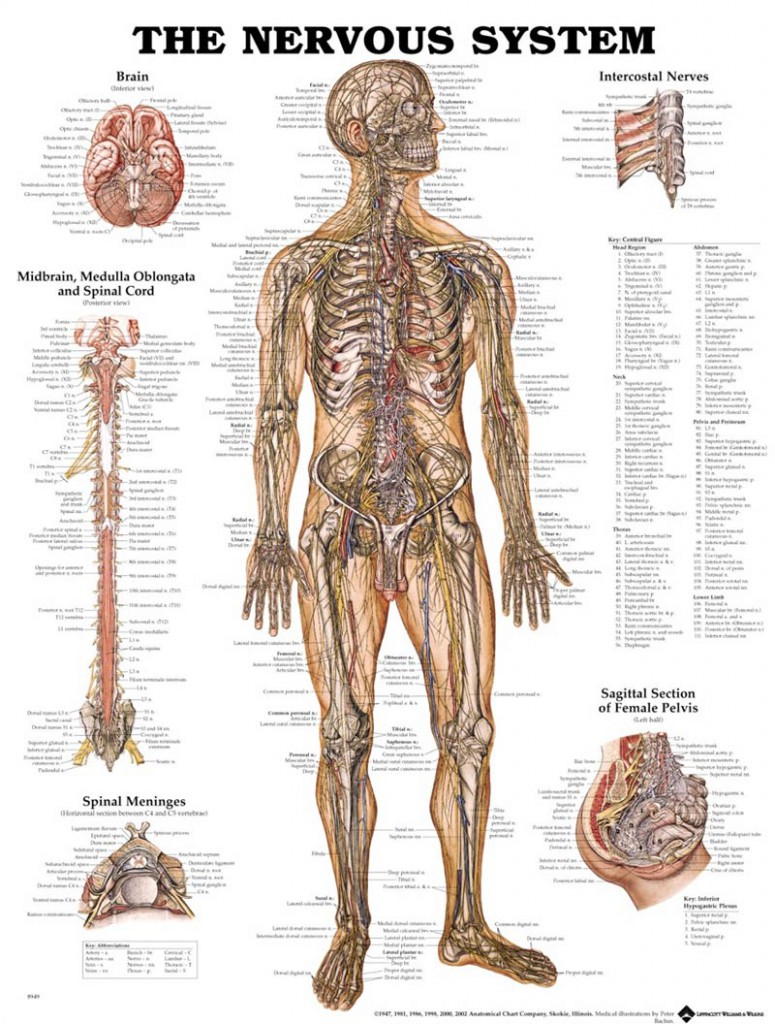I handle cases involving all kinds of injuries:
[raw]
[one_third][icon_list icon=”check-square” color=”#ab4100″]
- brain injury, concussions, TBI — mild or severe
- skull injuries
- headaches
- eye injuries
- neck injuries
- shoulder injuries
[/icon_list] [/one_third]
[one_third][icon_list icon=”check-square” color=”#ab4100″]
- elbow injuries
- wrist injuries
- hand injuries
- finger injuries
- spinal injuries
- hip injuries
- leg injuries
- knee injuries
- ankle injuries
[/icon_list] [/one_third]
[one_third last][icon_list icon=”check-square” color=”#ab4100″]
- foot injuries
- toe injuries
- Injuries from products — prescriptions, drugs, chemicals, pills
- Injuries on property from unsafe conditions
[/icon_list][/one_third]
[clear]
[one_half]
Muscle, ligament and joint injuries
If the emergency department says “nothing’s broken” but you have pain and “something doesn’t feel right” after your incident, you have injured one of these body parts. These can be serious injuries. Almost without exception, every muscle attaches to a bone by a ligament. When a muscle or ligament is damaged, that part of your body is not going to work well. If it’s your neck, arm, hand, back, hip knee, or foot your whole life changes. You have to accommodate that pain. Signs include your body part looks like it’s normal but you have pain without seeing swelling, redness or abrasion on your skin. The skin protects the inside your body from the outside world but also hides all the internal injuries you may have. Pain is the way your body tells you it’s injured and you need to take care of it.
Nerve injuries
Shooting, stabbing, burning pain are all signs of nerve injuries. You may feel pain in a part of your body you don’t remember hitting. If you have nerve injury pain, somewhere between that part of your body and your brain the nerve has been damaged.
Skin injuries
Bruises, swelling, cuts, scrapes, abrasions, road rash, puncture wounds
Not many people know that the skin is the largest organ in the body — larger than any group of muscles — larger than your brain, stomach or lungs. It serves to protect the sensitive parts of your body from the external world full of viruses and bacteria. When your skin has been damaged, you’ll see obvious signs. These signs can also indicate the body tissue under your skin is injured as well.
Bone injuries
Emergency department doctors sometimes miss these injuries. if you have swelling and a hot or warm area over a part of your body, you might have a broken bone that the hospital missed. This is common enough in my practice. Although you may have a broken bone, you might not need a cast. You will still have discomfort and pain because the amount of force to crack a bone means the nearby soft tissue (muscle, ligament and joints) are likely injured.
Dazed/disorientation, confusion, memory loss/loss of consciousness (L.O.C.)
The brain is a delicate organ but an organ none the less. Brain injury is a frightening prospect but something that happens frequently even if you didn’t hit your head. This injury is called “traumatic brain injury.” See this page for more information about this significant injury and how I can help.
Property damage injuries
One of the most shocking things for an injured person after a car crash is to be told by the billboard/TV lawyer “just deal with the other insurance company yourself, we don’t help you with your car claim.” So, the injured, hurting person has to somehow get a rental car and fair settlement from the insurance adjuster without help from the lawyer they’ve just hired. What was the point of hiring a lawyer if you have to deal with the insurance run-around yourself? At my firm, your job is to get well. My job is everything else including handling your property damage claim.
[/one_half]
[clear] [/raw]

